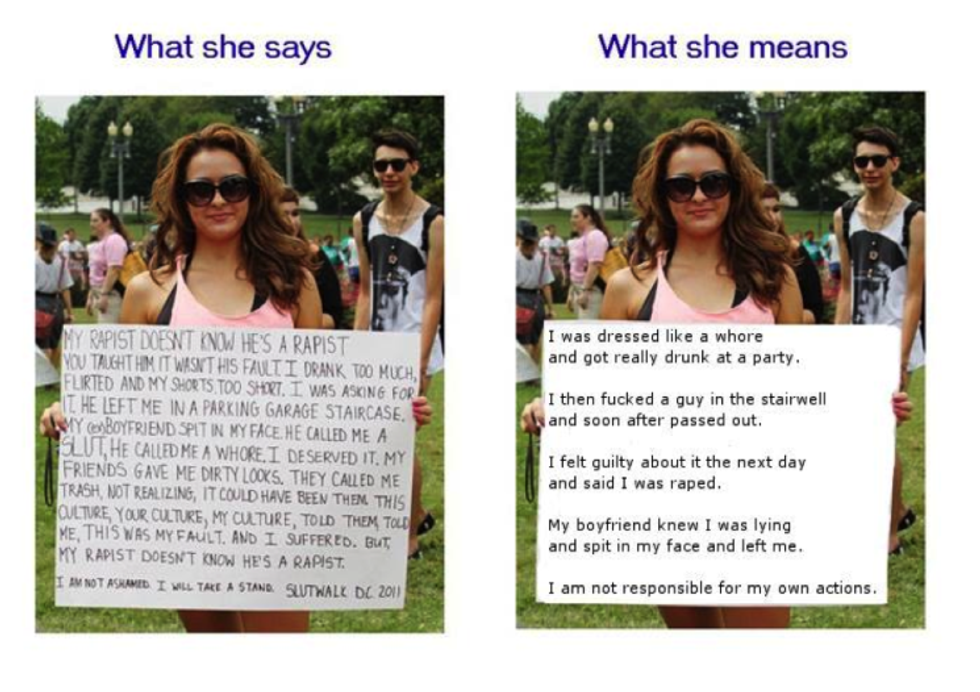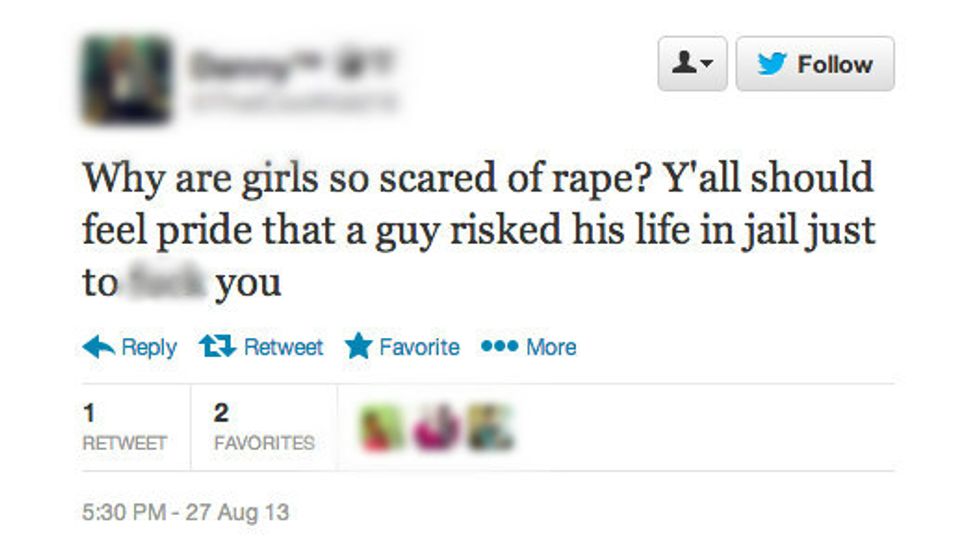If you have been living anywhere in the United States besides under a rock, you have most likely heard of rape culture. Along with the term itself, rape is tossed around and taken far too lightly. Casual jokes are made and victims are slut shamed—ridiculed for their self-confidence or for wearing what some would consider a promiscuous outfit. We turn it into the victim’s issue. We teach women how not to get raped and what they should do when they are raped. (Just make sure that you don’t report the assault, you wouldn’t want to be responsible for ruining the rapist’s future, right?) We forget about the victim’s debilitating emotional and mental damage they will now have to deal with for the rest of their lives, and we as a society still do not see how this is depraving our generation.

To no fault of their own, many people do not understand what rape culture is. It has permeated its way into our everyday lives and has become so common that it is considered the norm. Some believe rape culture is a made up term coined by hysterical feminists to make rape seem like a bigger deal than it really is, but in reality, rape is a huge deal. It is so often down played because people do not realize how common it is. According to the National Sexual Violence Resource Center, one in six women and one in 71 men will be raped at some point in their lives while one in five women and one in 16 men who attend college are sexually assaulted.
Still think that rape is non-existent?
Of course, our society does not outwardly express this support of rape culture and sexual assault. But just because there are not crowds of people marching up and down the street with signs that say “I support rape culture” does not mean that the support isn’t there.
Support of rape culture is asking how short her skirt was when she was assaulted. Support of rape culture is asking her how much she had to drink that night. Support of rape culture is casually throwing around jokes about rape and assault. Support of rape culture is slut shaming her and embarrassing her for something she had no control over. Support of rape culture is not believing the victim when he or she opens up about one of their deepest wounds.
Rape culture hurts everyone involved. Women should not have to walk around in fear any time she is alone and a man is around, and men shouldn’t naturally invoke this anxiety in women. There is a flaw in the way we view rape and assault. We need to think critically about the media’s and our own portrayal of men and women, relationships, and sexual violence. There is nothing glamorous about it. We need to recognize the parts of our culture that promote rape and assault and not let it define us.





















